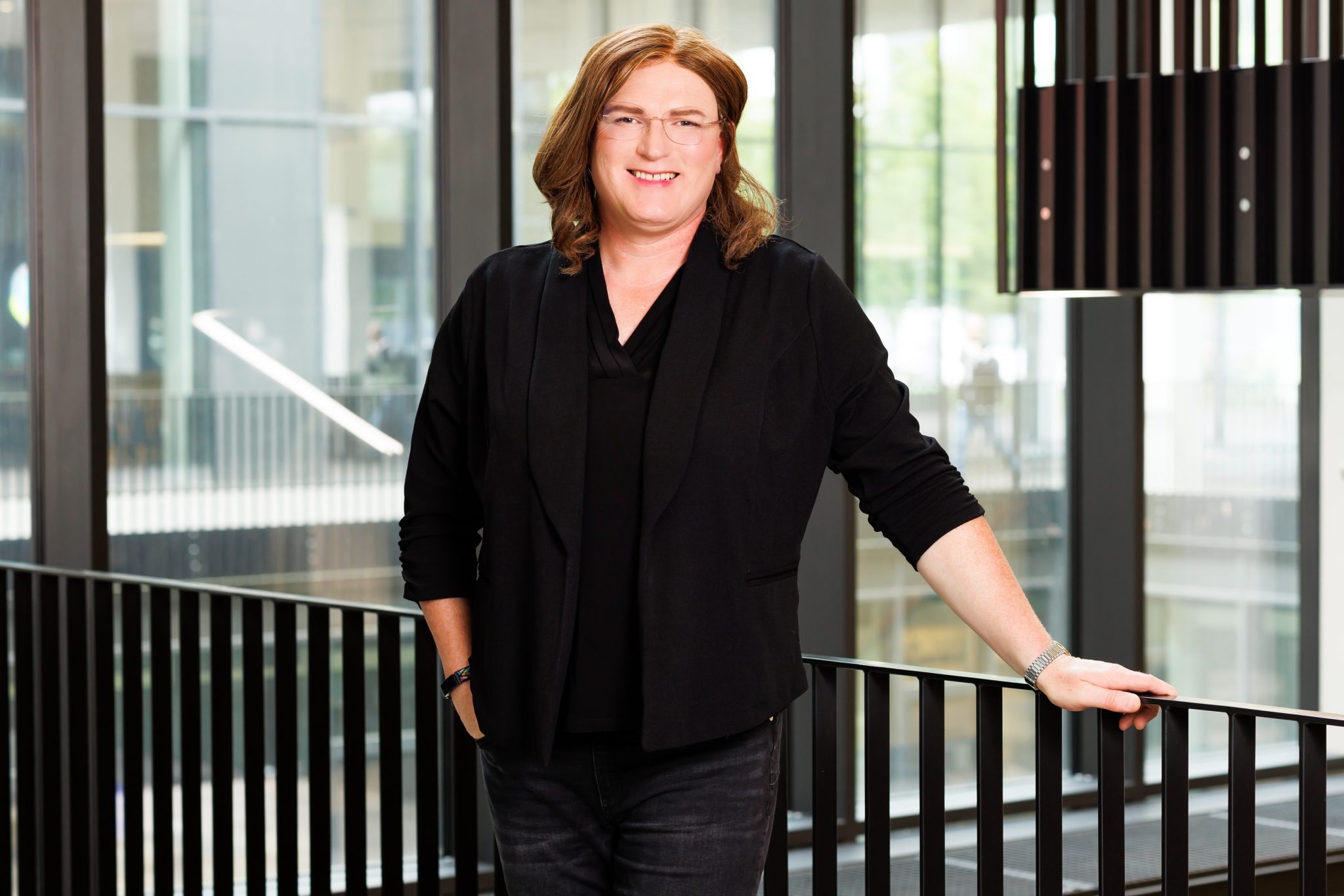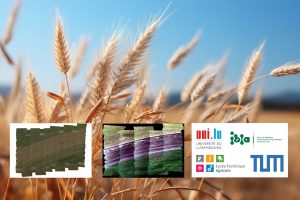About
Agriculture is facing major challenges to feed the growing population and due to global warming. Agriculture is also a significant contributor to greenhouse gas (GHG) emissions. Fertilizers used in agriculture cause 80% of nitrous oxide emissions, which is a potent GHG. The EU countries face excessive nitrate concentrations after fertilizer application in farmlands with billions of Euros of loss per year and the urgent need to become a good steward of the environment. Wheat is the main cereal food grain in the world including in the Grand Duchy of Luxembourg (GDL). Weed infestation plays a major bottleneck to higher wheat productivity, thereby causing a huge loss of potential yield. Herbicides are an effective means of controlling weed competition, but they result in the residual presence of chemicals in both the soil and adjacent plants. Uncontrolled application of herbicides results in diminishing soil organic matter content, reducing microbial activity, and augmenting soil erosion, while impairing soil nutrients status due to the alteration of net nitrogen (N) mineralization. Precision agriculture is a new approach that uses advanced technologies, such as drones equipped with Light Detection and Ranging and Hyperspectral Imaging, to collect and analyse data on crop conditions. The PRECISION project aims to develop approaches that can assist farmers in adjusting the N content during the growing season, leading to more sustainable agriculture practices. The project brings together experts in remote sensing, precision agriculture, and agriculture to investigate the potential of a precision agriculture service that provides innovative products to farmers. This approach will enable farmers to determine specific areas of their agricultural land that require N and/or herbicide applications for weed control. In the future, data collected by robotic drones can be analysed and used to inform highly advanced farming robots working on the fields, making agriculture more efficient and sustainable.
Organisation and Partners
Technical University of Munich (TUM), Germany
Institute for Organic Agriculture and
Agroecology Luxembourg (IBLA), Luxembourg
Institute for Organic Agriculture and
Agroecology Luxembourg (IBLA), Luxembourg
Project team



Addisu HUNEGNAW

Kang YU

Thorsten RUF

